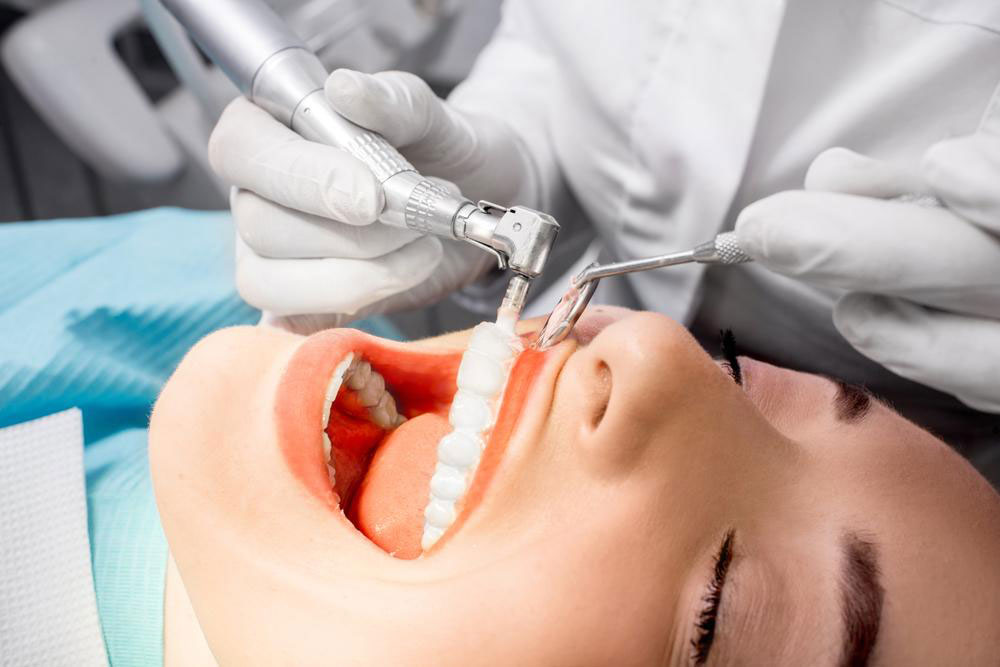Comprehensive Dental Coverage Strategies for Senior Citizens on Medicare: Guide to Options and Best Practices
This comprehensive guide explores dental coverage options for seniors on Medicare, highlighting Medicare Advantage plans, supplemental private insurance, and strategies to maximize dental health benefits. It offers valuable insights into planning, coverage limits, and early enrollment tips to ensure seniors receive the dental care they need for optimal well-being.

Understanding Dental Care Options for Seniors Enrolled in Medicare
As senior citizens navigate the complexities of maintaining good oral health, understanding available dental coverage options under Medicare becomes crucial. Dental health plays a vital role in overall well-being, nutrition, and quality of life for older adults. With age, common dental issues such as cavities, tooth loss, gum disease, oral cancers, and facial pain tend to increase, making adequate dental insurance coverage essential for seniors to manage these conditions effectively. This article provides an in-depth overview of the current dental coverage landscape for Medicare beneficiaries, exploring traditional plans, supplemental options, and strategies to maximize dental care benefits.
Medicare, the primary health insurance program for Americans aged 65 and older, offers limited dental coverage primarily related to hospital-based procedures. It is crucial for seniors to understand these limitations and explore supplementary options to ensure comprehensive dental health support.
In general, Original Medicare—which includes Part A (hospital insurance) and Part B (medical insurance)—does not cover routine dental treatments such as regular cleanings, fillings, extractions, dentures, or dental plates. This absence can leave many seniors vulnerable to preventable dental issues that, if left untreated, may lead to more severe health complications. Recognizing these gaps, many seniors consider additional dental insurance plans to better address their oral health needs.
Medicare Advantage (Part C) plans stand out as a crucial alternative, as they often include dental benefits tailored for seniors. Coverage levels vary considerably from plan to plan, so it is essential for beneficiaries to review each plan’s details carefully. These plans typically bundle hospital, medical, and dental coverage into a single package, providing more comprehensive care options under a managed network.
Beyond Medicare Advantage, seniors are encouraged to explore private dental insurance options for an even broader scope of coverage. Dental plans such as Preferred Provider Organizations (PPOs) contract with a network of dentists, allowing members to choose providers while enjoying cost savings. Indemnity plans, on the other hand, permit visits to any dentist but may involve higher out-of-pocket expenses. Additionally, some seniors opt for dental discount plans, which provide reduced rates for dental services at participating providers.
When selecting a dental insurance plan, seniors should consider important factors like waiting periods for major treatments, coverage limits, deductibles, and whether out-of-network visits are supported at additional costs. Many dental plans impose waiting periods—sometimes up to 15 months—before coverage for certain procedures becomes active. Therefore, enrolling early, well before urgent dental needs arise, is advisable to avoid unnecessary delays in treatment.
Proper planning and early enrollment ensure that seniors can enjoy preventive care, timely treatment, and the peace of mind that comes with comprehensive dental coverage. Maintaining good oral health is essential for aging gracefully, and being informed about available options empowers seniors to make the best choices for their dental care needs.





